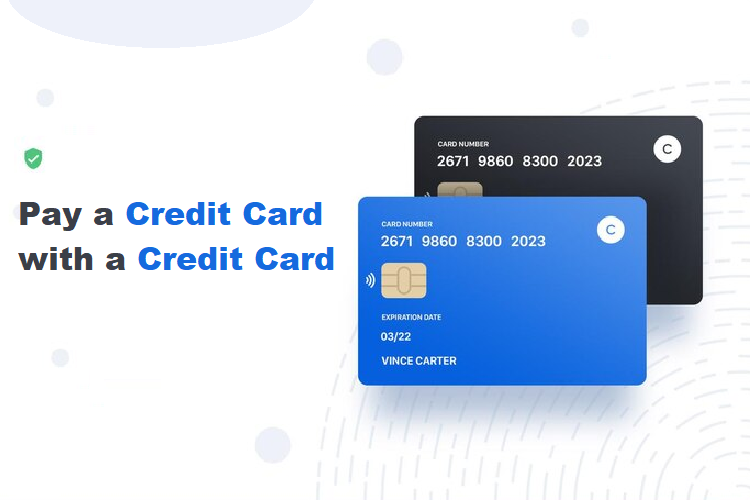One of the big mistakes that entrepreneurs make is mixing their personal and business finances. For solo entrepreneurs, the temptation to do this is greater due to the fact that they are working alone. Mixing personal and business finances can do more harm than good to the entrepreneur. For instance, it can make tax and accounting processes more complex, increase the risk of losing one’s personal assets in case of lawsuits or other business issues, and it makes it harder to track business growth or profitability accurately. Below are some tips that can be helpful in separating personal and business finances.
Set Up Your Business as a Separate Legal Entity
Before you think about finances, you should first start by ensuring that you and your business are completely separate. And, this can be achieved by setting up your business as a separate legal entity. There are a lot of resources on the internet that show you how to get started on this process. You can also make use of service providers who assist in the formation of LLCs and other entities. Note that the requirements for legal entities vary by state. Thus, if you are going to hire a service provider, go with one who understands the requirements for your state.
Separate Bank Accounts and Credit Card
Next, get separate accounts and credit cards for business and personal use. Use the personal account and card strictly for personal use and vice versa. With separate accounts, it becomes easier to track your expenditure and minimize using personal funds for business or business funds for personal expenses. Also, with two different credit cards, you can grow your personal and business credit scores separately. The two scores will come in handy when applying for personal loans and business funding.
Understand What Qualifies as a Business Expense
You could be paying for business expenses with personal funds without knowing it. For instance, if you work from home, you may qualify for a home office deduction. Paying for a business trip with your personal credit card also means you are using personal funds for business. Take time and educate yourself on tax deductions, especially in areas where you use something both for business and personal reasons. Also, ensure you keep all your receipts separately. This can help a lot when it comes to accounting and audits.
Know How to Draw Money from Your Business
For drawing money from your business, most experts recommend paying yourself a salary every month or as often as you decide. It can be a percentage of your profits or a fixed amount. Take into account business income and your monthly personal expenditure when setting your salary.
How to Treat Personal Funds Used for Business
When you use personal funds for business, have clear guidelines on how that money will be treated. Before you write your business a check, know whether it’s a loan to your business or additional investment. Ensure the movement of funds between the two accounts is well documented and accounted for.
By separating personal and business finances, you can run your business and manage your personal funds more effectively. As mentioned above, you can hire someone to help you in getting started. Also, consider making use of quality software to help you maintain separate records. Software can make your work easier and reduce the incidents of mistakes and omissions. Some of these solutions are cloud-based. This makes them an affordable option for start-ups and small businesses.
Moreover, such solutions can give business owners more flexibility to work from anywhere and less responsibilities since the service provider does the updates. However, check the reputation of the provider and quality of services before paying for any package.




